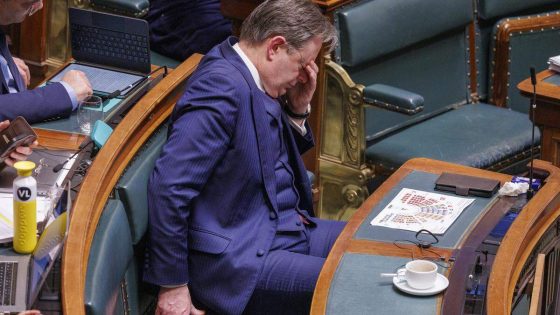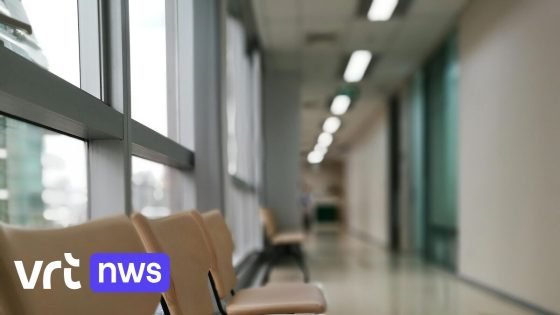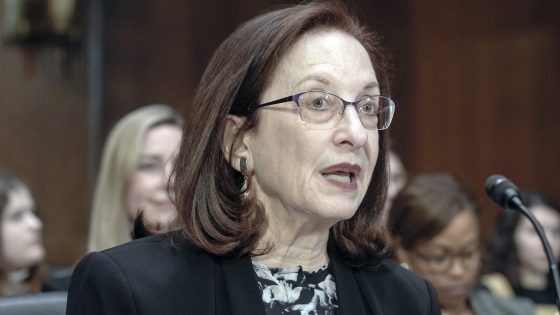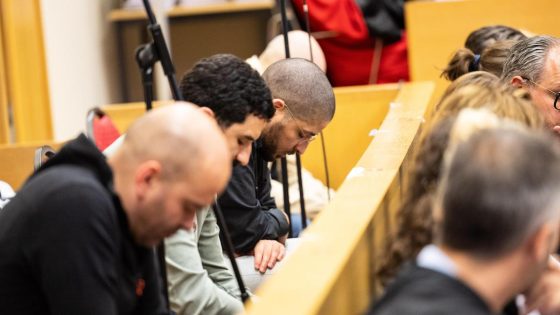Five police officers conducted a house search at the parental home of popular Belgian YouTuber Vandergunst in Blankenberge on the morning of 2025-05-15 20:14:00. The West Flanders public prosecutor’s office confirmed the operation, which took place while Vandergunst was not at home. Investigators seized his computer during the brief visit.
- Five police officers conducted house search
- Investigators seized Vandergunst's computer during search
- Vandergunst interrogated at Bruges station
- Video revealed convicted gynecology student's name
- Vandergunst violated court order conditions
- Lawyer states Vandergunst banned from posting content
Later that afternoon, authorities confirmed that Vandergunst was also interrogated. He was apprehended at Bruges station by Federal Judicial Police officers while he was in Ghent. The investigation revolves around a controversial video in which Vandergunst revealed the name of a 24-year-old gynecology student convicted of rape but given a suspended sentence.
What are the legal and social implications of sharing sensitive information online? And how will this case influence content creators in Belgium? These questions underline the significance of the ongoing investigation.
This case raises critical issues about freedom of speech versus legal boundaries in Belgium. Could Vandergunst’s actions set a precedent for online accountability? The situation highlights the delicate balance between exposing truths and respecting judicial rulings.
- Vandergunst breached conditions of a previous 2024 suspended sentence by naming individuals online.
- The public prosecutor’s office is investigating potential violations of court-imposed restrictions.
- He is currently released under conditions, including content removal and a posting ban.
- The case sparks debate on the role of digital platforms in sensitive legal matters.
As the investigation unfolds, Belgian content creators and viewers alike should watch how legal frameworks adapt to online expression. Will stricter regulations emerge, or will this case encourage more responsible digital discourse? The coming months will be telling.

































